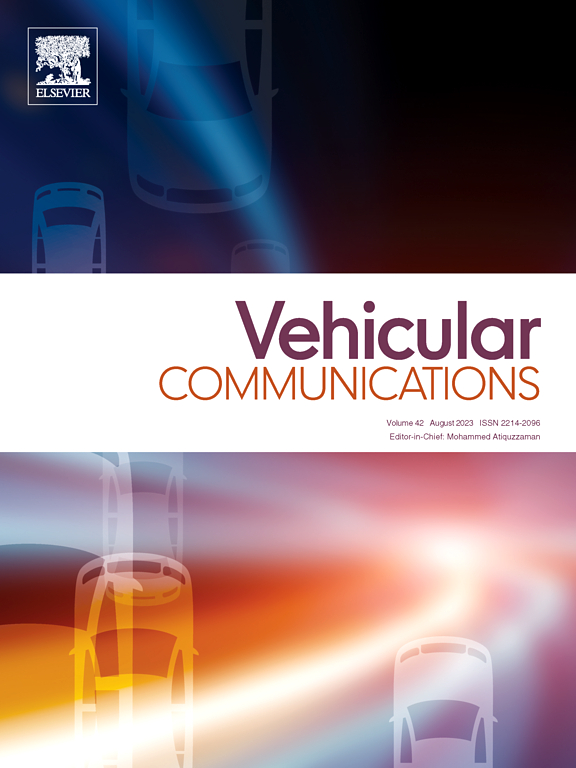Evolutionary game based interest forwarding in information centric vehicular networks (R2)
Abstract
In Information Centric Network (ICN) a client generates an interest packet when it is in need of a content. The interest packet carries the content name and propagates through the network till it reaches an appropriate cached content store or the producer of the content. Retrieval of the searched content is faster if the interest packet is forwarded in right direction towards a probable content location. An efficient and optimal interest forwarding technique is the key requirement for the success of any ICN implementation. This paper describes an interest forwarding approach for information centric vehicular networks based on evolutionary game theory. It uses the Public Goods Gaming (PGG) strategy to forward interest packets so that the content can be located at the earliest. The interest packets are modeled as goods and various participating entities are categorized either as cooperator or defector. The purpose of the game is to deliver the goods (the interest packet) to the rightful content store. Cooperator tries to optimally deliver the interest packets and hence they are rewarded with certain incentives. However, defectors are not rewarded as they do not participate in the game. At the beginning, a player selects a strategy and confined to it till the completion of the game. During interest forwarding, a node selects its neighbor(s) having higher credits as next level forwarder. The scheme is analyzed mathematically to establish various claims made in this paper. The mathematically established claims are also validated through simulation in ns-3 based -2.0. The model is compared with four other existing ICN forwarding approaches and simulation results depict that the new algorithm performs better.

 求助内容:
求助内容: 应助结果提醒方式:
应助结果提醒方式:


